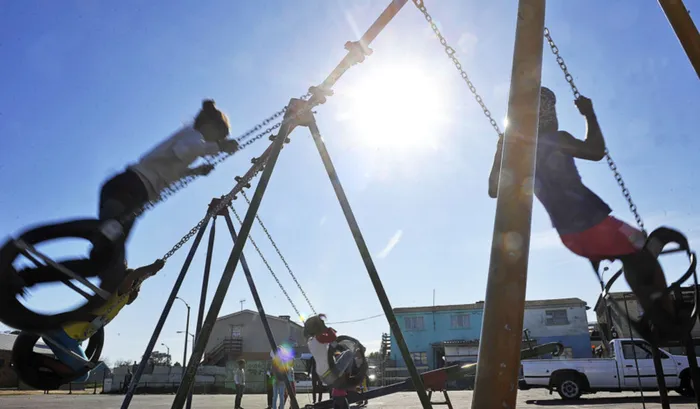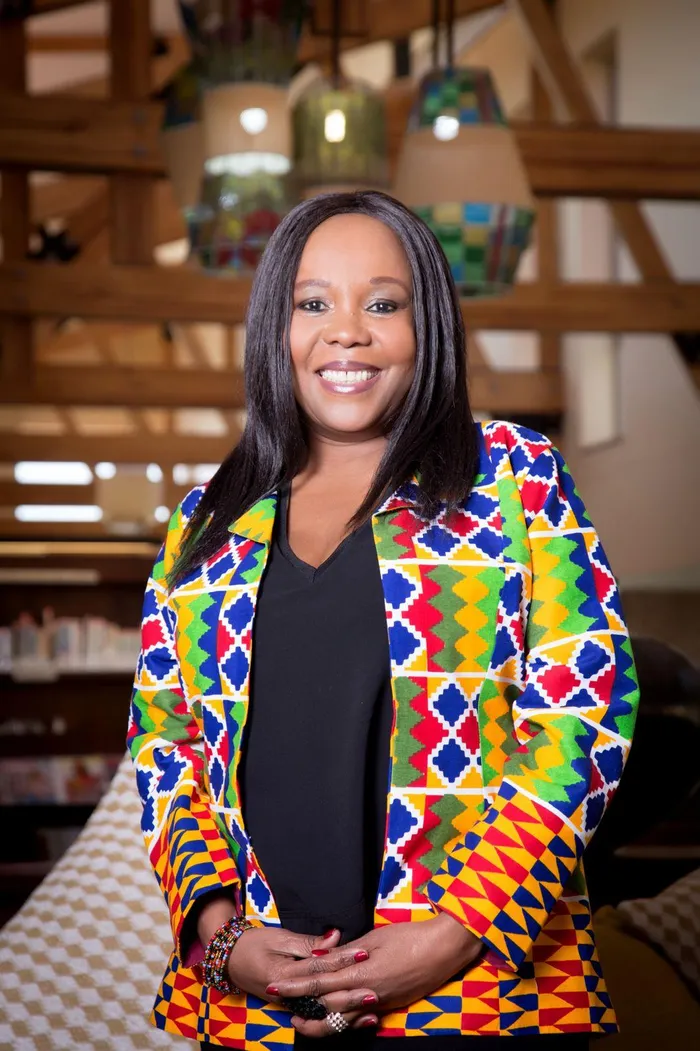Open letter to Chief Justice on International Day of the Girl-Child

On the International Day of the Girl Child, Gugulethu Ndebele reflects on the stark realities faced by girls in South Africa and urges Chief Justice Mandisa Maya to champion a justice system that truly protects and empowers them.
Image: Independent Newspapers
Dear Chief Justice Mandisa Maya,
I have been sitting with this letter for a while now, thinking about how to begin. Maybe it is because October 11, the International Day of the Girl Child, always makes me stop to reflect. It forces me to think about the gap between the girls I see walking through the doors of Oprah Winfrey Leadership Academy for Girls (OWLAG), carrying big, bold dreams, and the reality of what awaits them beyond our gates.
Also, as I reflect on Girl Child Day, I find myself both hopeful and unsettled. Hopeful, because I see young women in our classrooms who are brilliant, determined, and more resilient than anyone should have to be at their age. Unsettled because I know that for far too many girls in South Africa, simply surviving childhood feels like a constant struggle against forces they never chose.
This year's theme – "Girls' vision for the future" – feels both hopeful and haunting. The girls have visions, Chief Justice. They dream of making South Africa a better place, becoming doctors, engineers, or even judges like you.
But their visions are overshadowed by statistics that keep me awake at night: 24% of female first-year students don’t make it to second year; 38% will never graduate. An estimated 30% of South African girls miss school every month due to their period. One in seven babies is born to adolescent mothers in our country. The more than 50,000 rape and sexual assault cases were reported to the South African Police Services (SAPS) against children in South Africa in the financial year 2023/24 alone.
I keep reflecting on something you mentioned at the 17th Biennial Conference of the International Association of Women Judges conference earlier this year, that "the confusion that surrounds this rape incident... is a sobering reminder of the challenges and weaknesses in our justice systems". You were discussing a particular case, but your words expressed something broader, didn't they? The systemic ways our justice system fails those who need it most.
The reality is that I have been reflecting on how we measure progress. Sometimes I question whether we've become too comfortable celebrating milestones like yours. These milestones should no longer be cause for celebration; they should be the norm. And don't get me wrong, they are hugely important, but we should also recognise that the foundation remains fragile.
We have a woman Chief Justice, yes, but we also see girls dropping out of school at worrying rates, child marriages disguised as cultural tradition, and survivors of violence who never report because they lack trust in the system meant to protect them.
Why address you, Chief Justice Maya?
Because, ultimately, justice is not abstract; it is a lived experience. It occurs in the moment a girl reports an assault and believes she will be heard. It is in the quiet confidence that walking to school should not mean risking her safety. It is in a system that shows her, through both words and actions, that her dignity is non-negotiable. Courts, more than any other institution, can communicate that message clearly.
But here is the harsh truth: we are failing girls, not only in delivering justice but also in recognising the trauma they carry into every interaction with the system. We see this daily. Girls who have lost parents, who have experienced violence, who have witnessed things no child ever should. They have potential, yes, but also invisible scars. And unless every adult, from the teacher in the classroom to the magistrate on the bench, understands how trauma influences learning, behaviour, trust, and even testimony, we will continue to cause further harm.
I believe this is an area where the judiciary has the opportunity to lead and strengthen the system. A trauma-informed approach is not a luxury; it is an ethical necessity. It involves training judges and court officials to recognise how trauma affects memory and speech, so that a survivor who hesitates or contradicts herself is not automatically dismissed. It includes a sharpened focus on designing courtrooms to reduce intimidation, ensuring the process does not retraumatise the child who has already endured enough. It requires recognising that justice should also serve to heal.
Some may argue that this is too idealistic or too soft, but I believe it is quite the opposite. It is pragmatic. A trauma-informed justice system is more effective because it considers the whole person, not just the case file. It aligns with our Constitution’s vision of dignity, equality, and freedom. Without it, the gap between the law on paper and the reality of girls in Matatiele, Diepsloot, Mthatha or anywhere in South Africa will only grow wider.
President Cyril Ramaphosa said at your conference that "…laws cannot just be written, they must be enforced." However, enforcement is not solely about prosecution rates or conviction statistics. It involves creating a legal environment where children feel safe to report abuse, remain in school, dream, and live without fear. It is about recognising that a trauma-informed approach to justice results in better outcomes for all involved.
I realise I'm asking a lot. The Chief Justice's role is already demanding, especially as you've begun working tirelessly to reform the judiciary. However, I believe there's an opportunity here that extends beyond traditional judicial duties. An opportunity to use your platform to emphasise that our understanding of justice should broaden to include prevention, protection, and the dismantling of systems that sustain inequality.
The girl children whose day we celebrated aren't waiting for us to perfect the system. They're already leading change in their communities, organising, demanding better. They embody the theme perfectly; they have visions for their future, and they're determined to make them a reality. Perhaps it's time our institutions started listening to them with the same attention we give to legal precedent, and started responding to their needs with approaches that acknowledge their humanity first.
Chief Justice Maya, your appointment was historic. I believe your legacy will be defined not just by the barriers you've broken, but by how many barriers you help remove for the girls coming behind you. Their visions for the future depend on it, and on our willingness to create a justice system that heals rather than harms.
The question isn't whether these girls deserve justice; of course, they do. The question is whether our justice system is ready to serve them as fiercely as they're ready to serve our country.
I think it can be. I hope it will be.

On the International Day of the Girl Child, Gugulethu Ndebele reflects on the stark realities faced by girls in South Africa and urges Chief Justice Mandisa Maya to champion a justice system that truly protects and empowers them.
Image: Supplied
* Gugulethu Ndebele is the Principal and Executive Director of the Oprah Winfrey Leadership Academy for Girls (OWLAG).
** The views expressed do not necessarily reflect the views of IOL or Independent Media.
Related Topics: